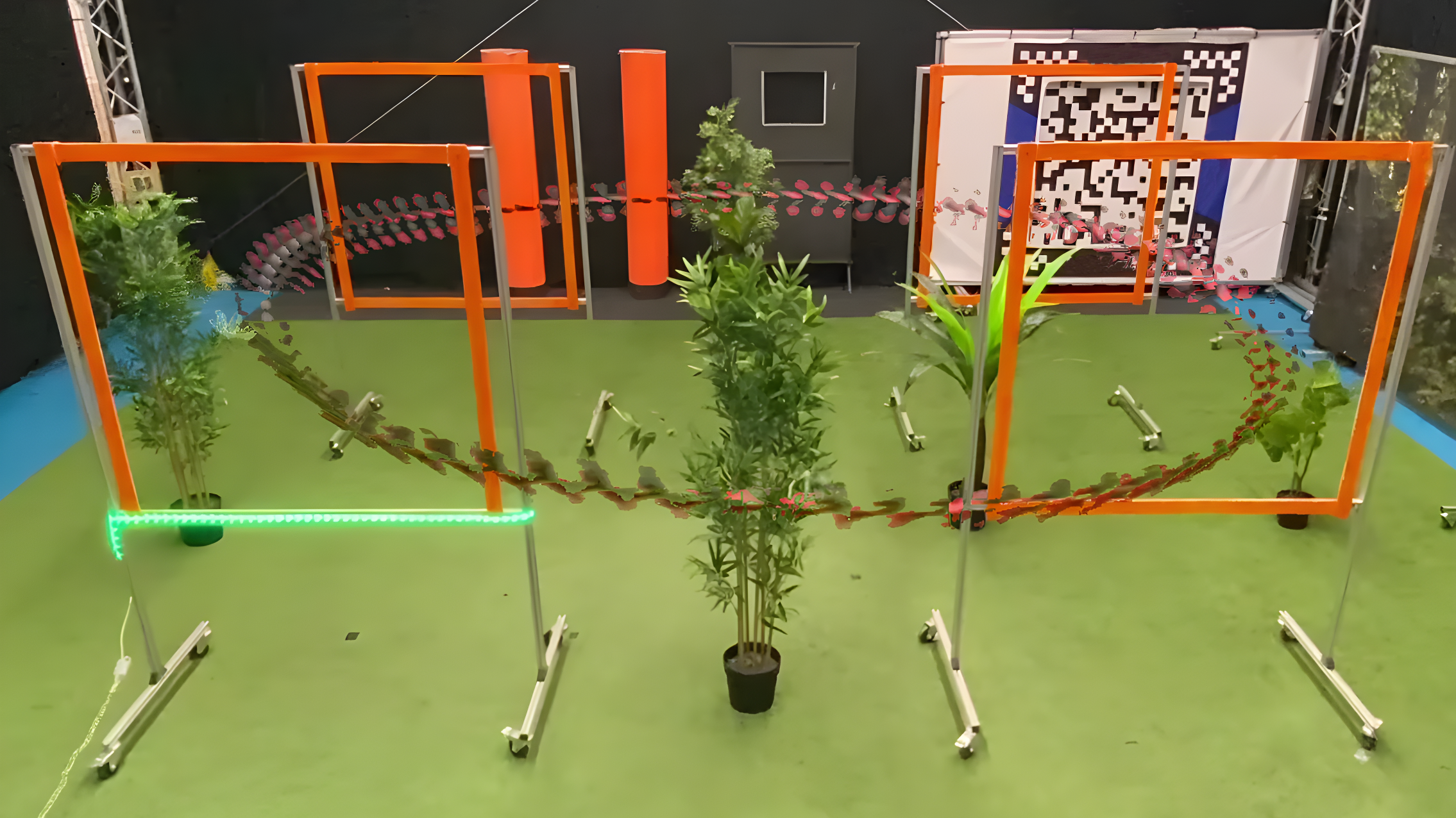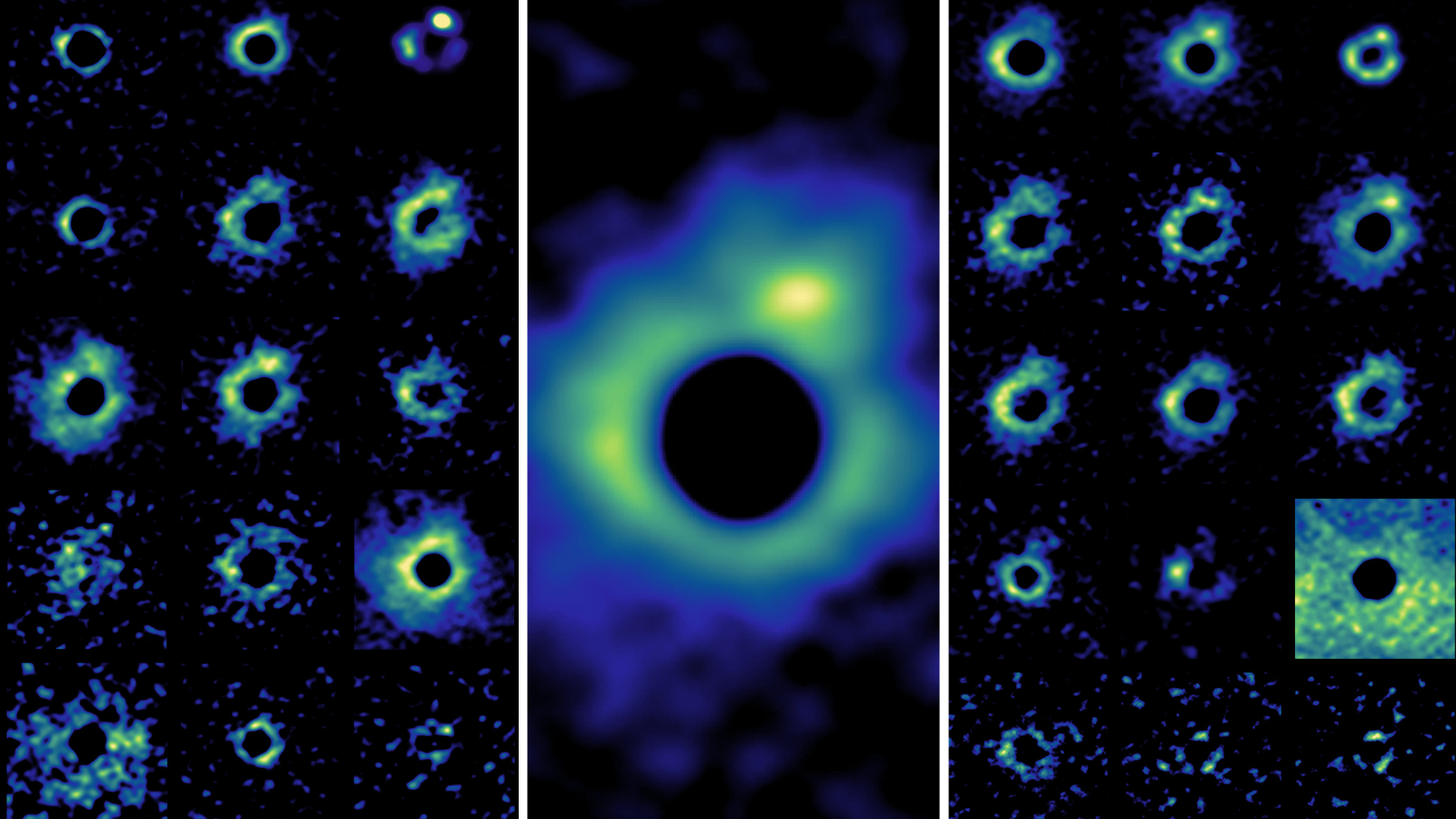Drone racing is helping train AI to autonomously drive spacecraft
The movements are like analogs for intricate spacecraft maneuvers.

We're off to the races! The AI-driven drone races, that is.
The European Space Agency's (ESA) Advanced Concepts Team (ACT) has partnered with the Delft University of Technology's (TU Delft) Micro Air Vehicle Laboratory in the Netherlands to train neural-network artificial intelligence systems to race drones. Ultimately, this program will test AI's ability to handle complicated maneuvers, which could then be implemented on future space missions. (There's a Star Wars pod racing joke in here somewhere.)
Neural networks in AI mimic human brains in the way they pass along information — from one "neuron" to another. This mechanism has quite a bit of potential when it comes to autonomous space missions with particularly complicated spacecraft maneuvers.
Traditionally, humans plan maneuvers on the ground, then upload directions to spacecraft, which then execute the maneuvers. But with neural-network AI, spacecraft could maneuver autonomously, taking into consideration real-time data to make near-instant course corrections. Space is, after all, quite unpredictable.
Related: Safety first: NASA pledges to use AI carefully and responsibly
"In space, every onboard resource must be utilized as efficiently as possible — including propellant, available energy, computing resources and often time. Such a neural network approach could enable optimal onboard operations, boosting mission autonomy and robustness," Dario Izzo, scientific coordinator of ESA's ACT, said in a statement.
But as with all components of space missions, the technology must first be tested here on Earth. "That's when we settled on drone racing as the ideal gym environment to test end-to-end neural architectures on real robotic platforms, to increase confidence in their future use in space," said Izzo.
Breaking space news, the latest updates on rocket launches, skywatching events and more!
As such, researchers are actively studying AI-powered drone racing on a course at TU Delft's "Cyber Zoo" to demonstrate AI's capabilities for potential space missions. "[T]he use of drones represents a way to build trust, develop a solid theoretical framework and establish safety bounds, ahead of planning an actual space mission demonstrator," added ACT Young Graduate Trainee Sebastien Origer.

Space.com contributing writer Stefanie Waldek is a self-taught space nerd and aviation geek who is passionate about all things spaceflight and astronomy. With a background in travel and design journalism, as well as a Bachelor of Arts degree from New York University, she specializes in the budding space tourism industry and Earth-based astrotourism. In her free time, you can find her watching rocket launches or looking up at the stars, wondering what is out there. Learn more about her work at www.stefaniewaldek.com.
